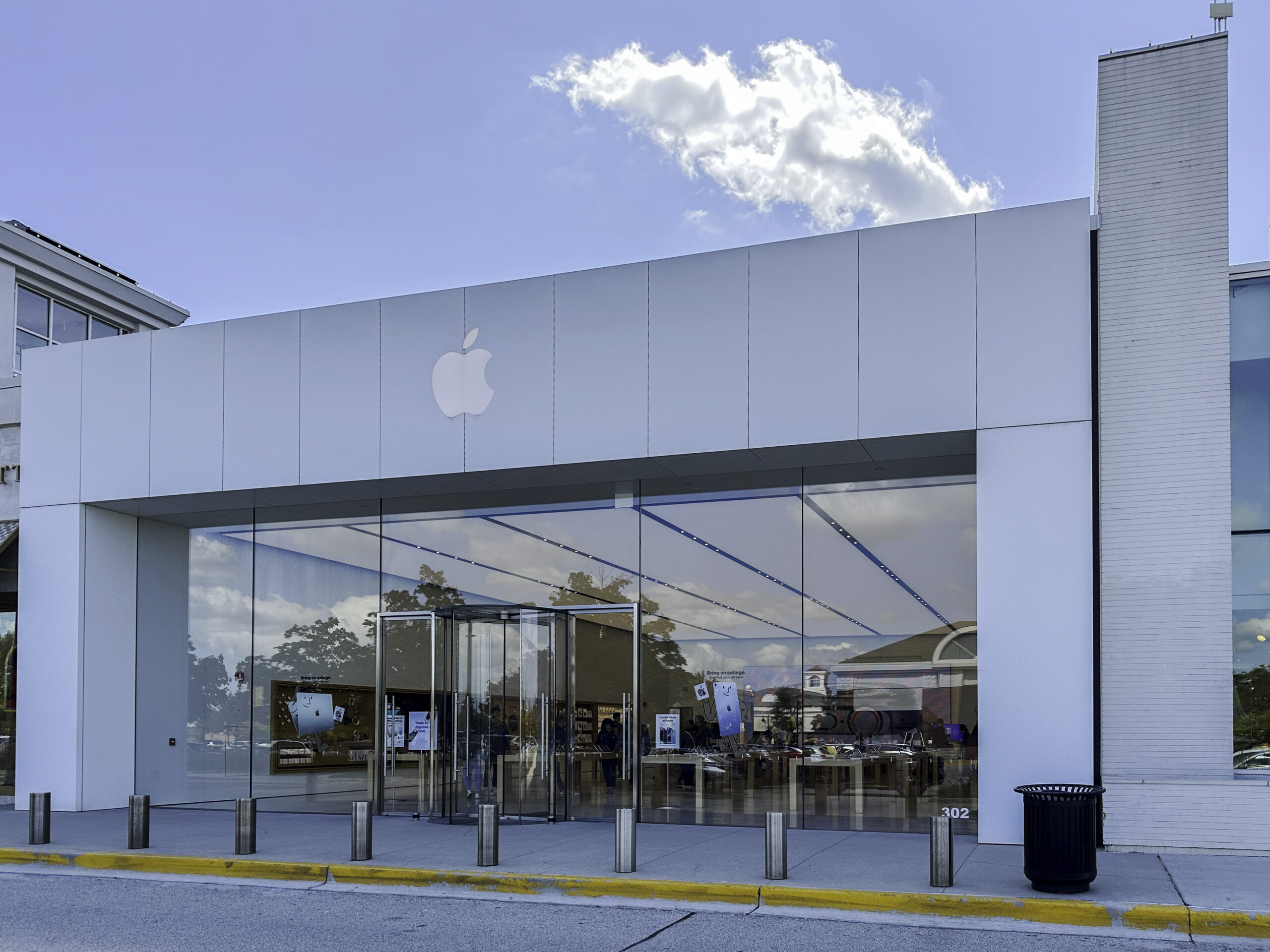Cable Exec Says It’s in Everybody’s Interest that the Ecosystem be Protected from Disruption
On Wednesday, Bloomberg reported that Time Warner Cable is allegedly incentivizing media companies to withhold content from online competitors. Given the facts reported, it is difficult to tell whether this is blatantly anticompetitive behavior that should be discouraged by competition authorities, or whether these contracts are commonplace and unremarkable. Generally speaking, businesses are free to contract as they wish, and exclusive licenses are common copyright arrangements. It’s standard practice for one network to get the sole rights to premiere a movie or television series during a specific window, for example. The analysis might change if Time Warner Cable were abusing market power, either as a content buyer, or in its role a distribution platform. It is too soon to tell.
The article nevertheless features some interesting interviews from various stakeholders. One priceless quote was from Chris Winfrey, CFO of Charter Communications (which according to Bloomberg is the fourth-largest cable company), speaking at this week’s National Cable & Telecommunications Association (NCTA) conference:
It’s in everybody’s mutual interest that we are protecting the ecosystem in a way that continues to keep the value of that programming that we have and the way it’s delivered to our subscribers today.
Really, Mr. Winfrey? I’m not sure that limiting the outlets through which consumers can access content is in “everybody’s mutual interest”. Consumers would beg to differ, as Public Knowledge President Gigi Sohn explains later in the article. “Protecting the ecosystem” is solely beneficial to the incumbent cable companies. (And, notwithstanding its dominant position in the ecosystem, Charter was apparently bankrupt for most of 2009.) Furthermore, the desire to maintain “the way [programming is] delivered to our subscribers today” exemplifies how cable companies are still in denial about cord-cutting, trying to delay consumers’ inevitable transition, by suing competitors with innovative new features like Aereo and DISH, rather than introducing their own new technologies.








